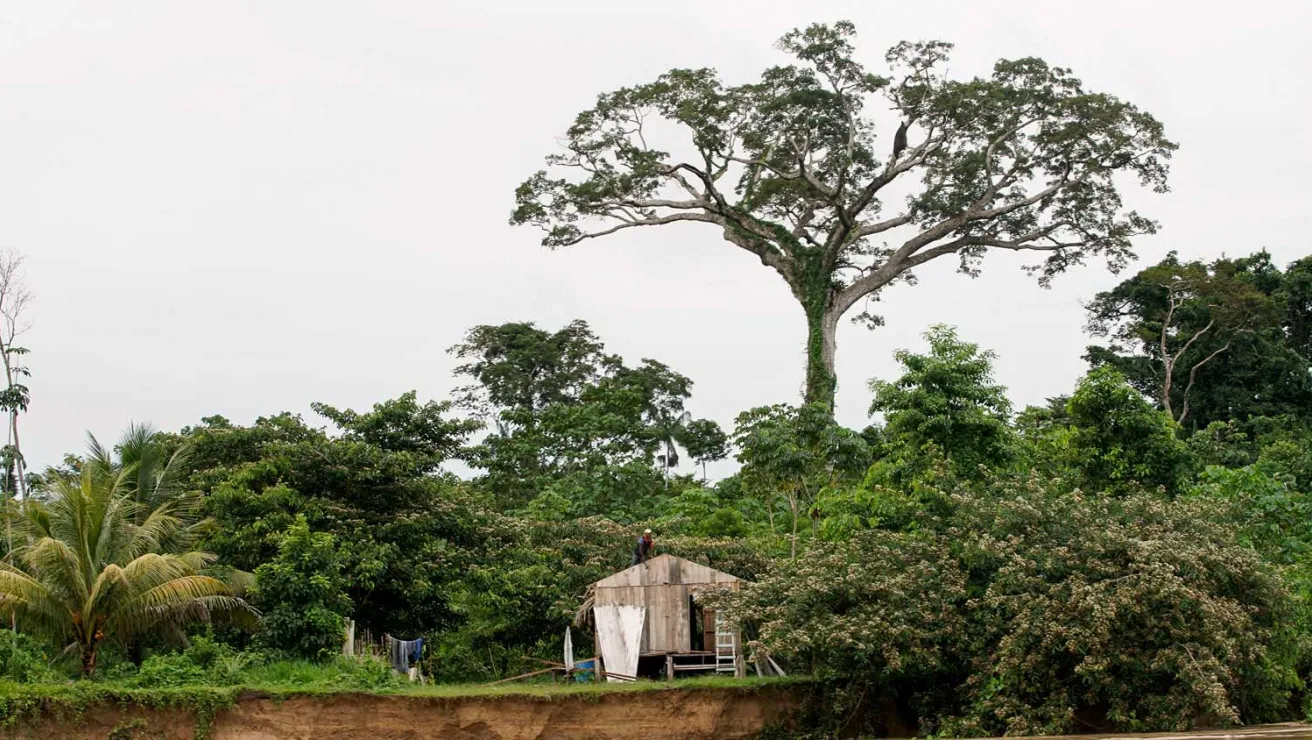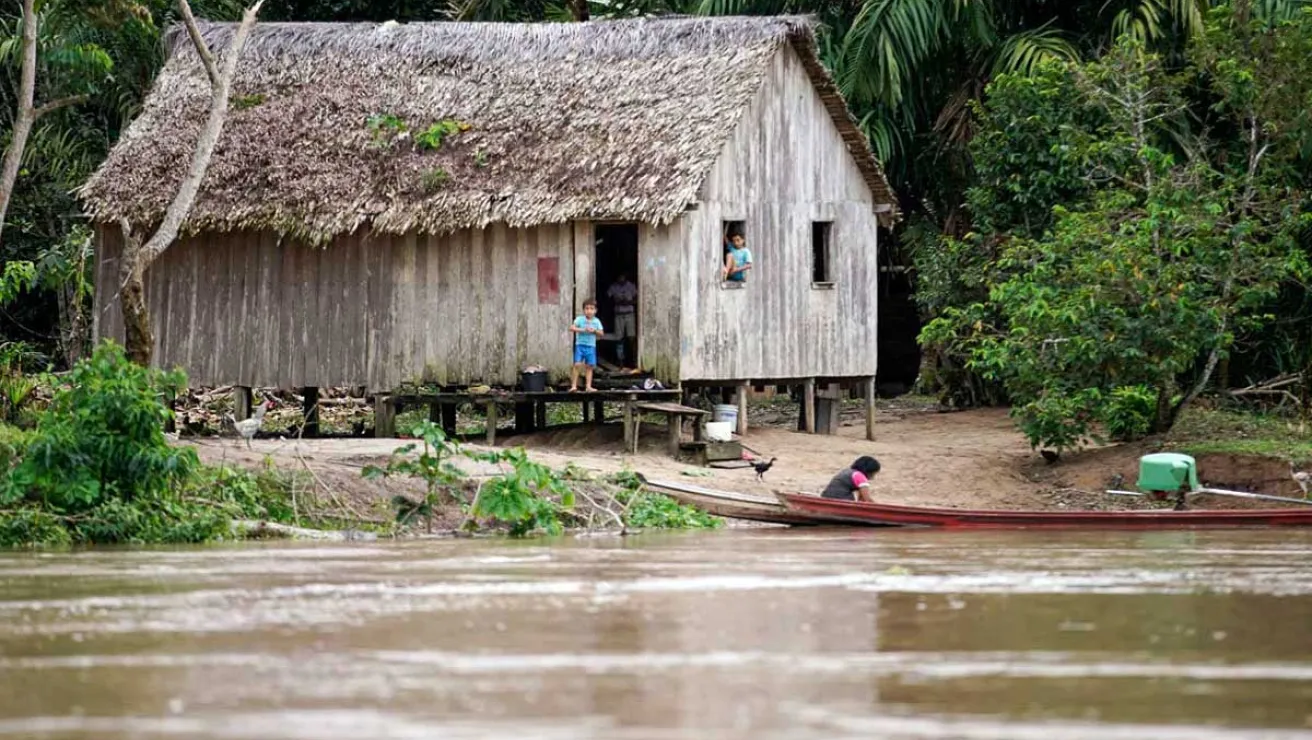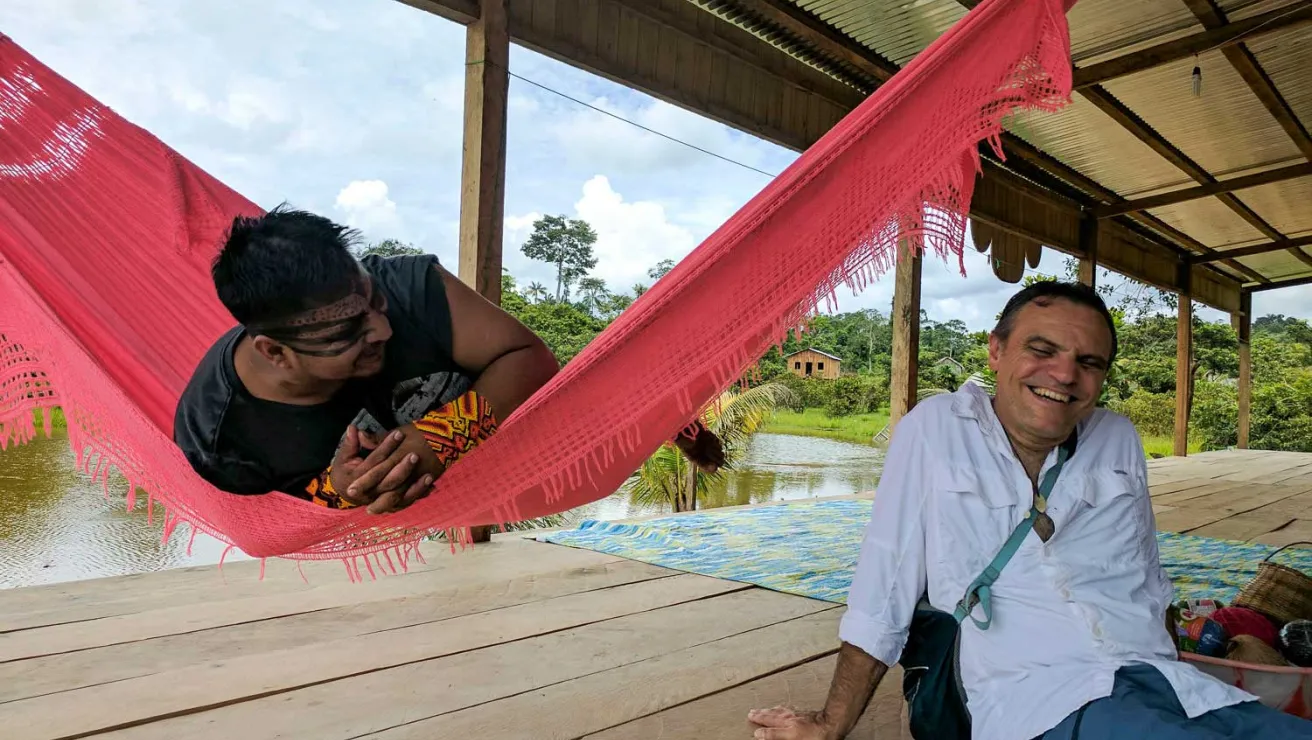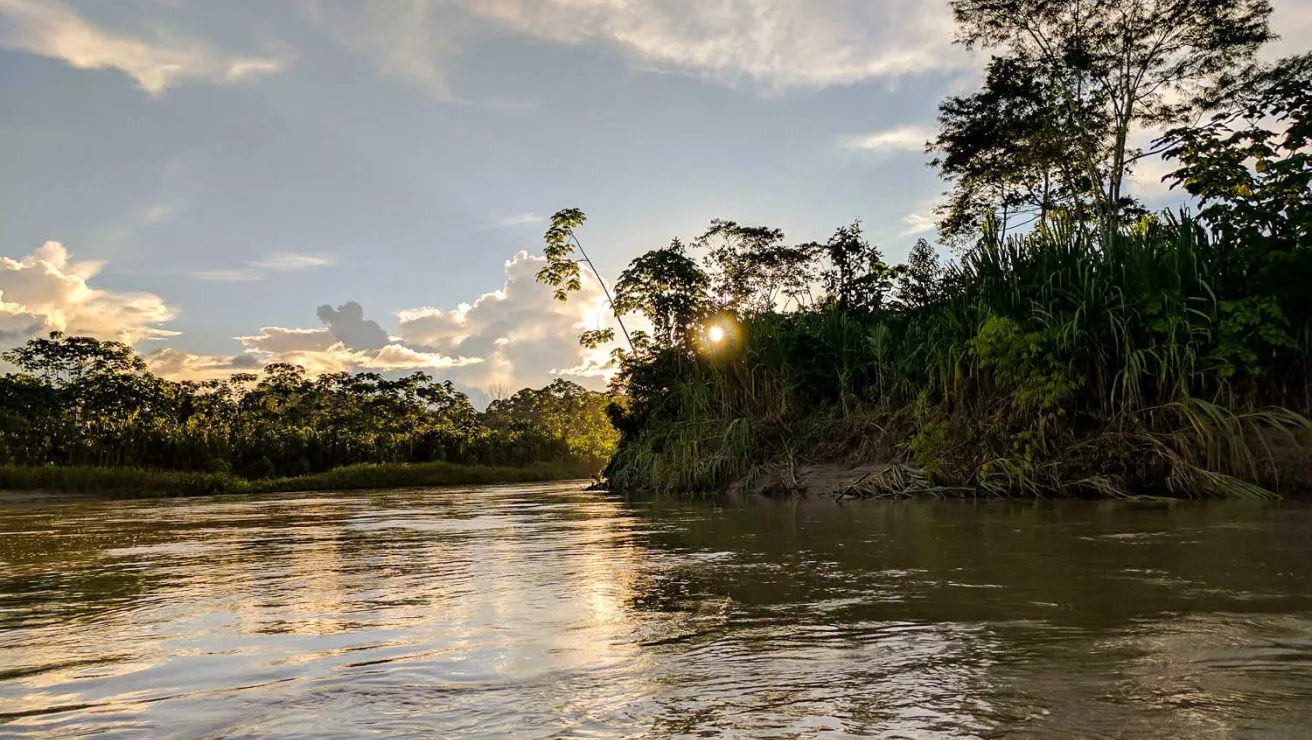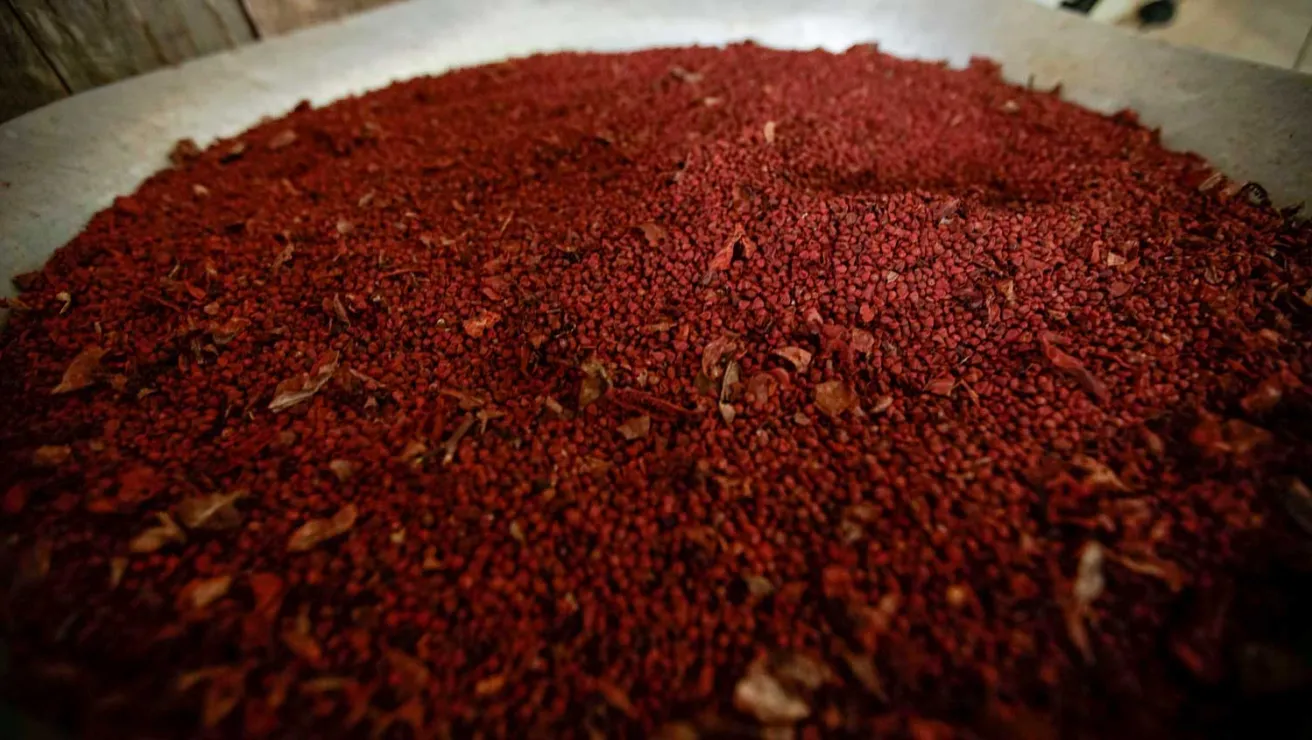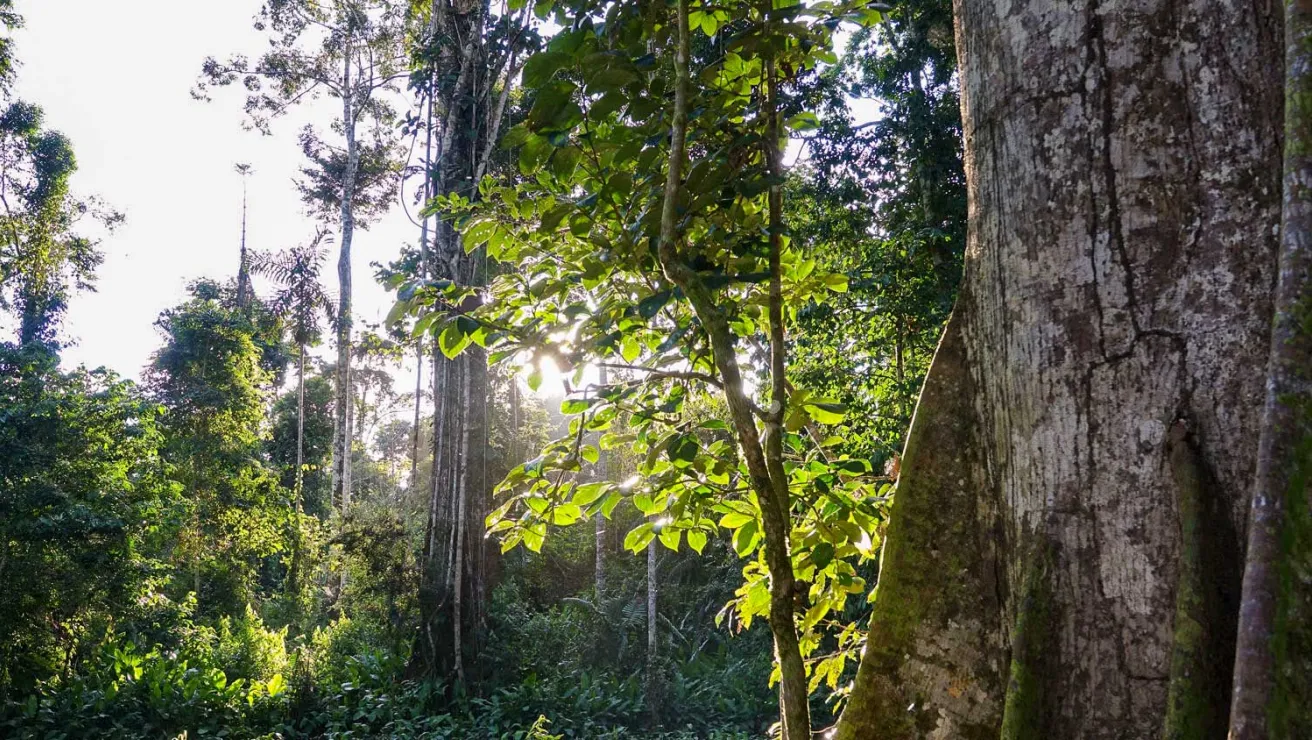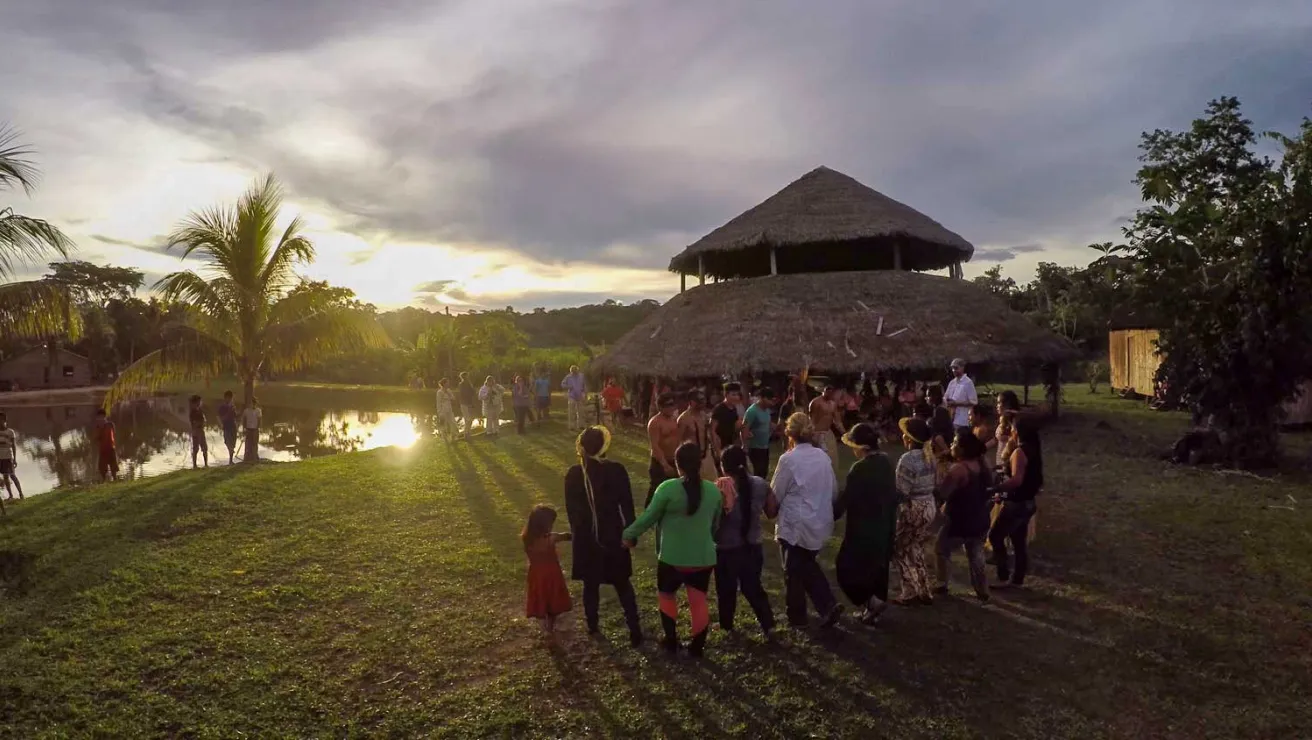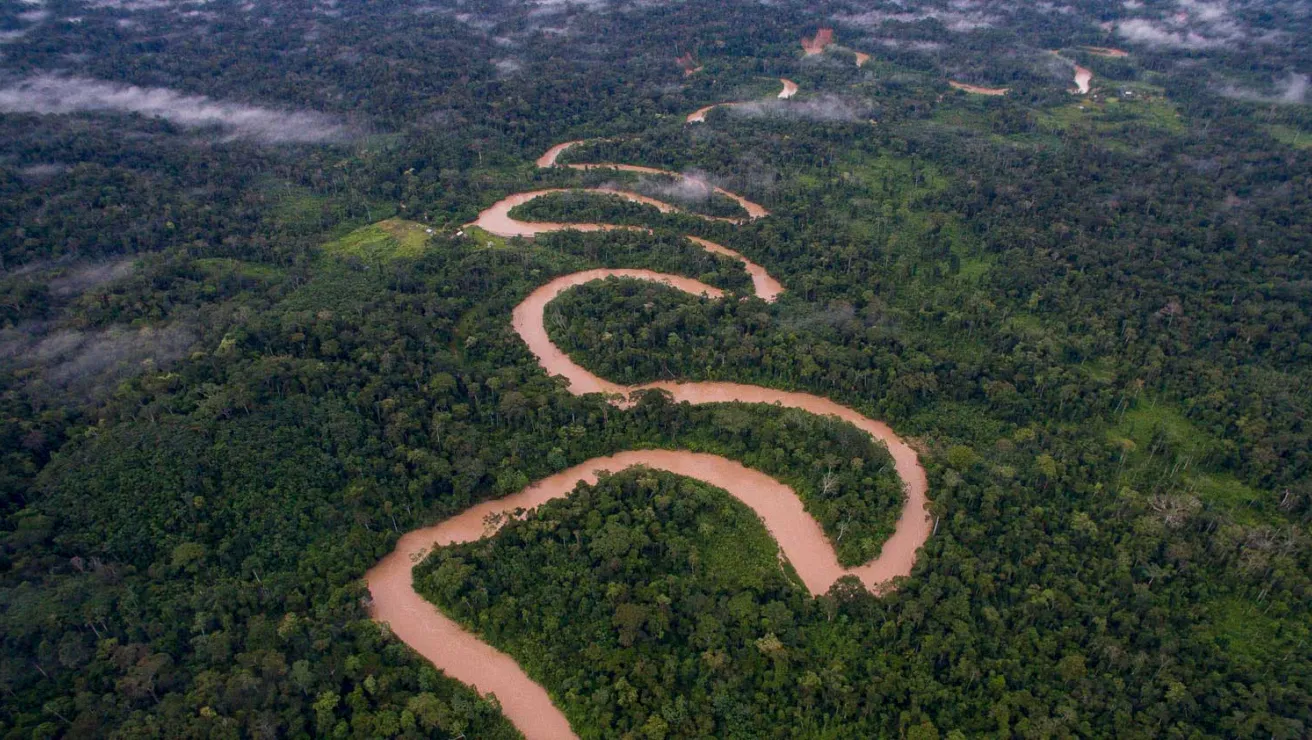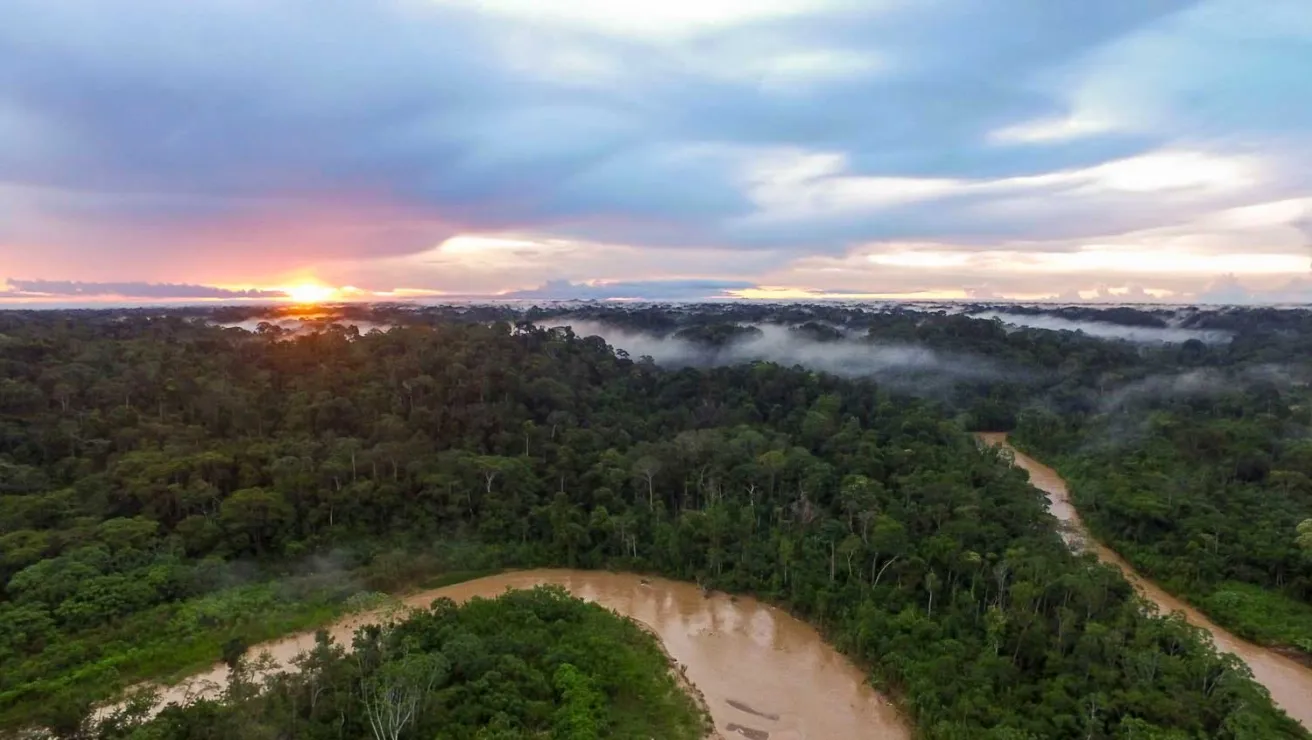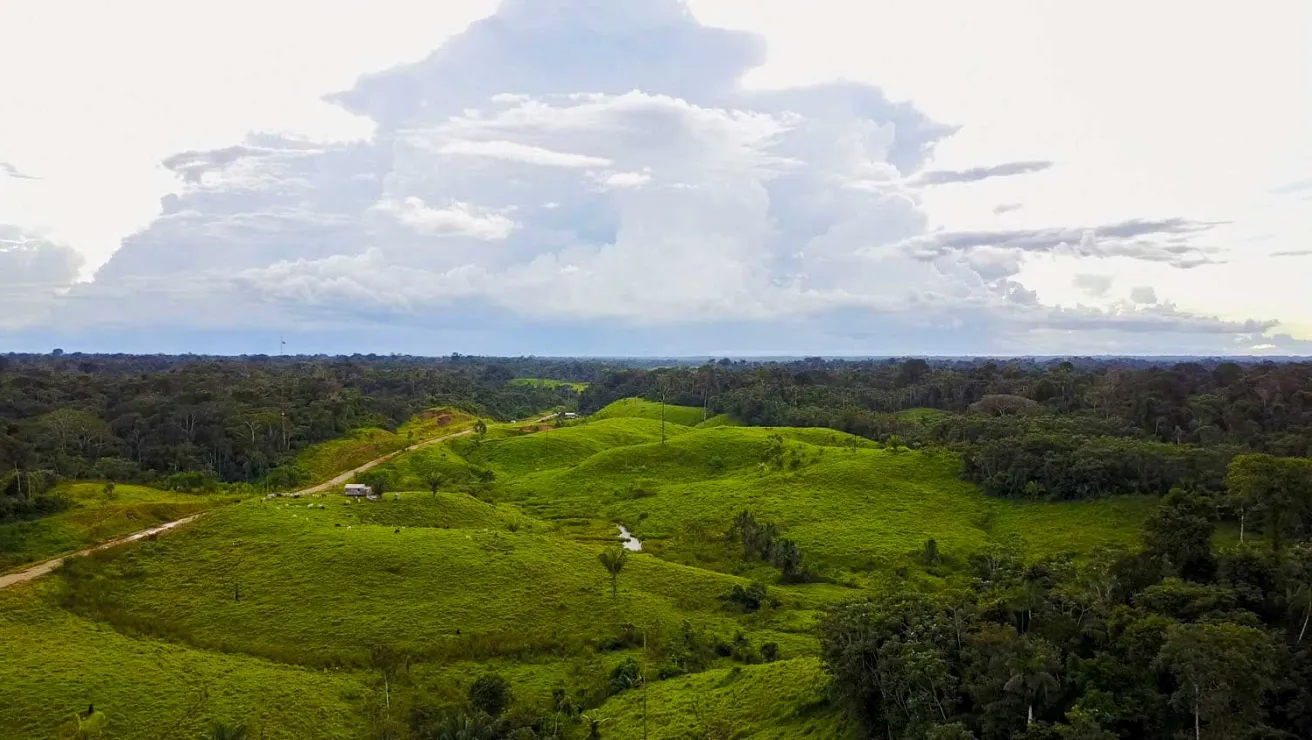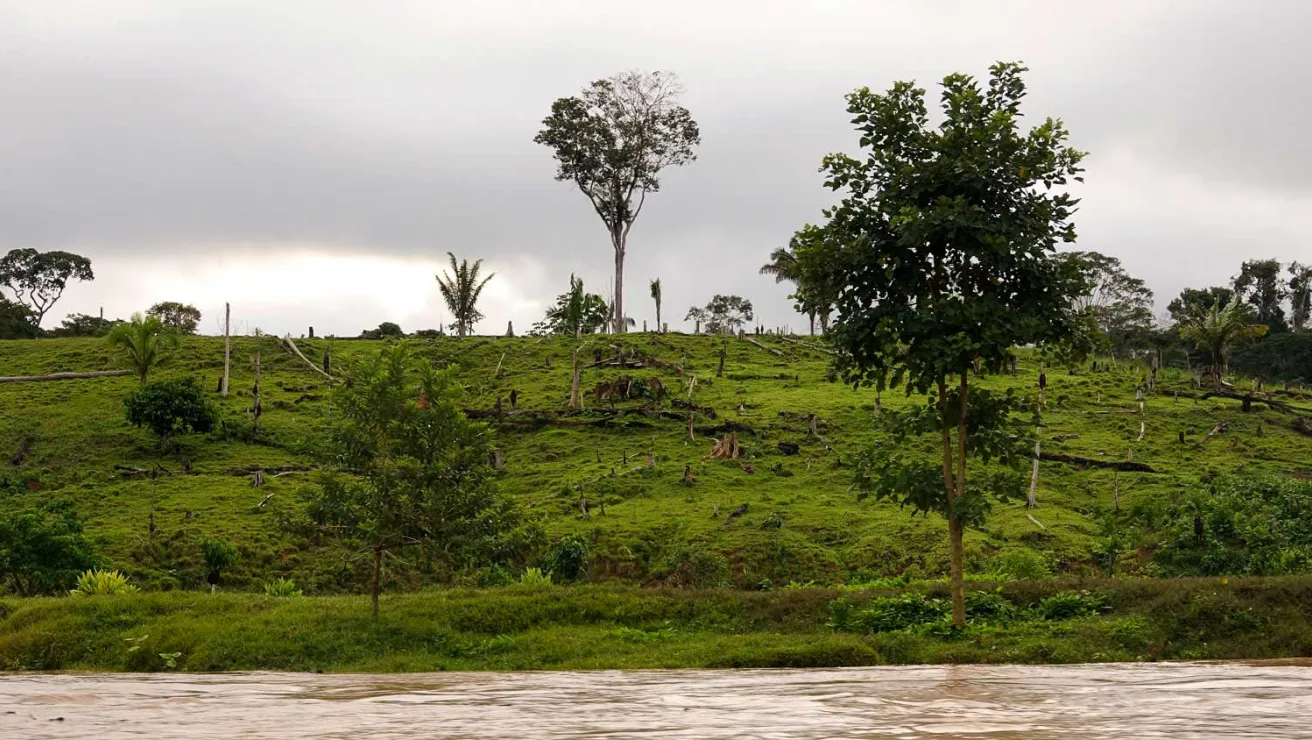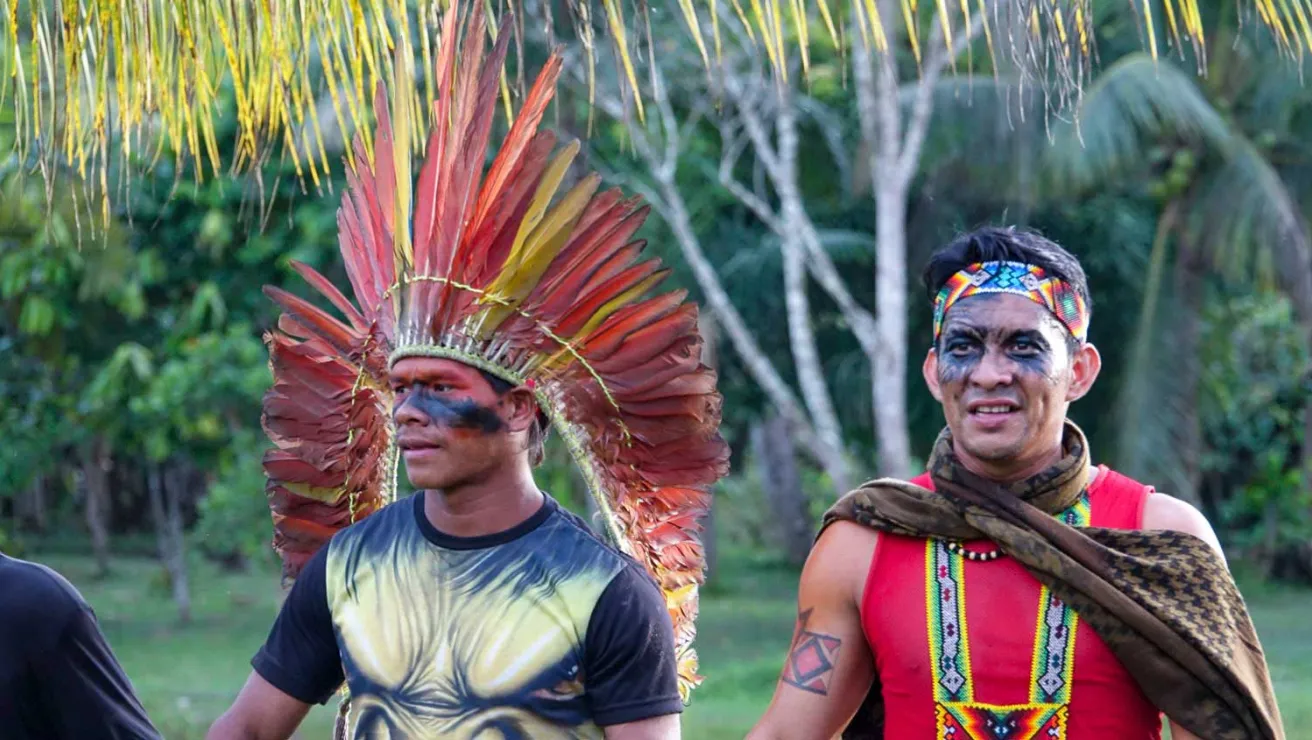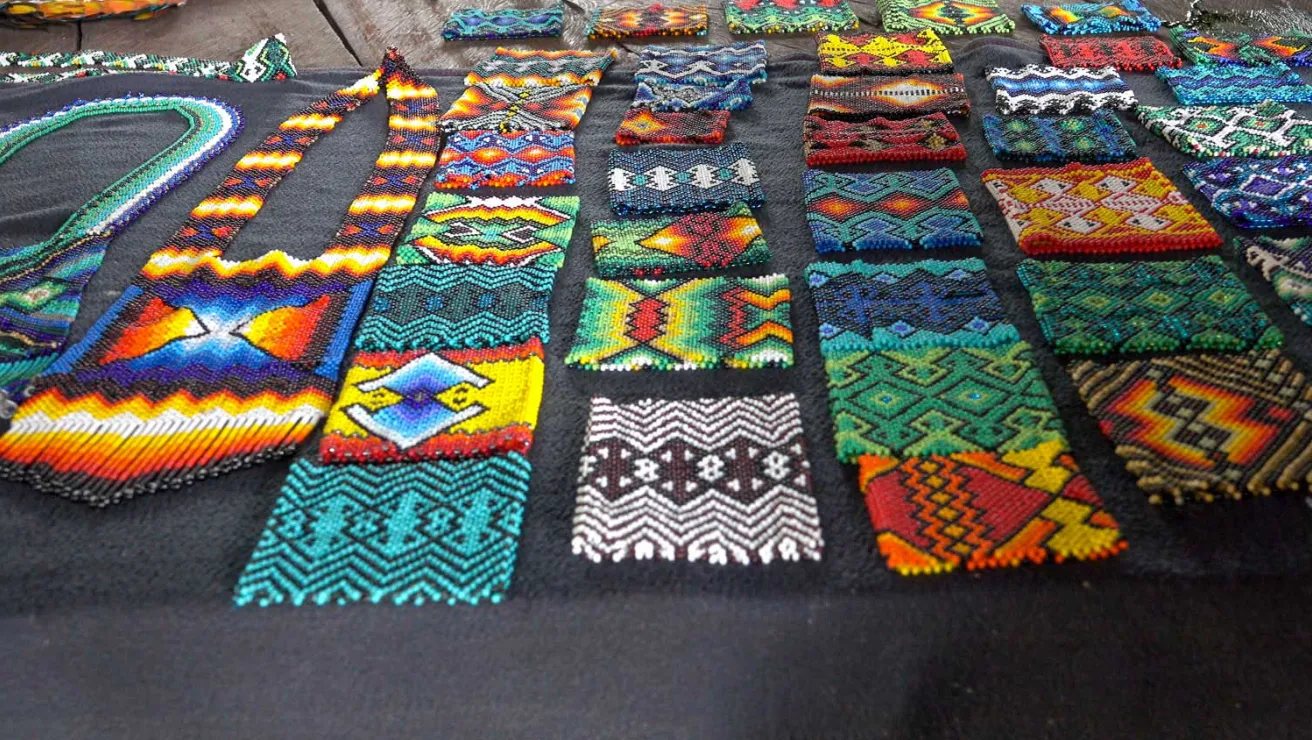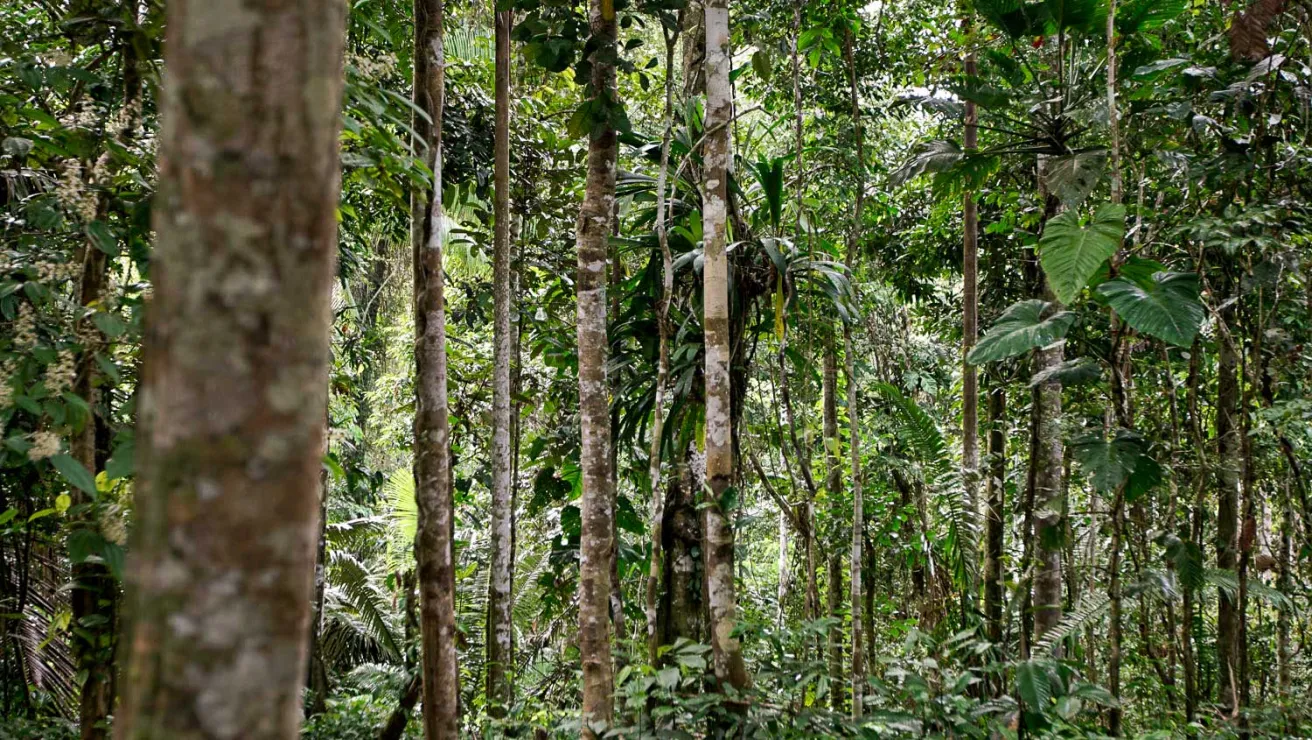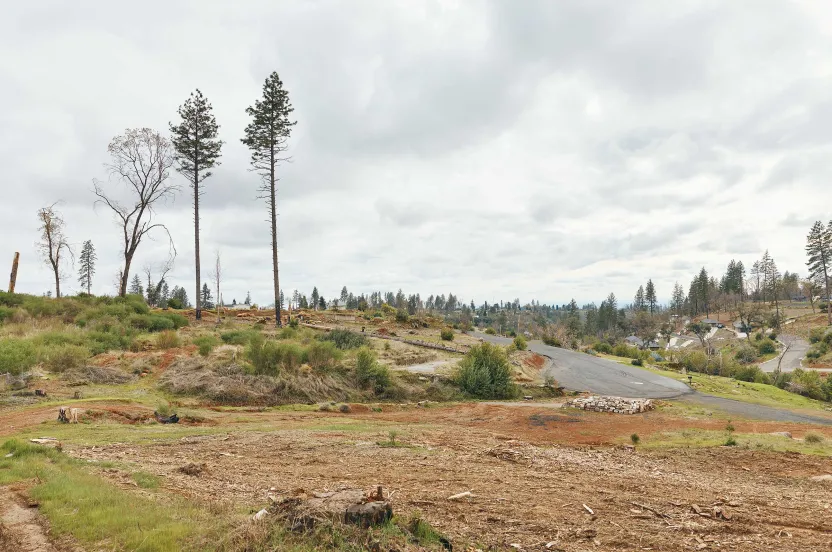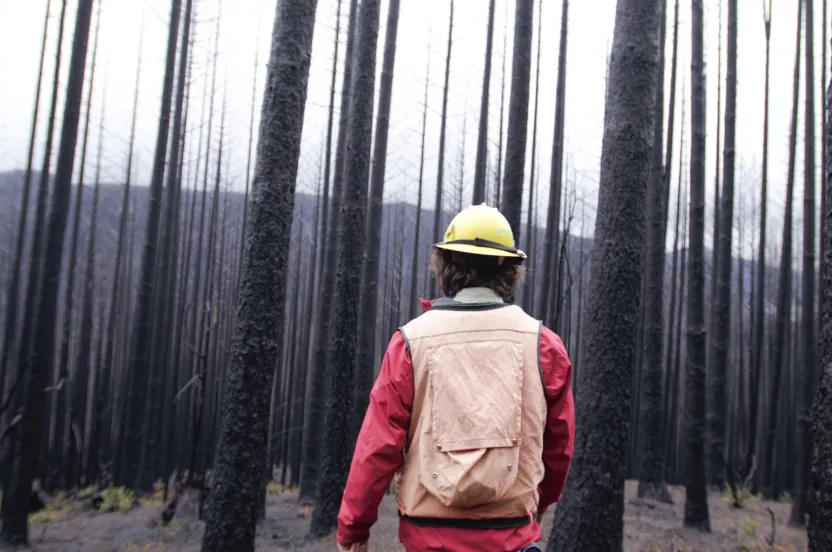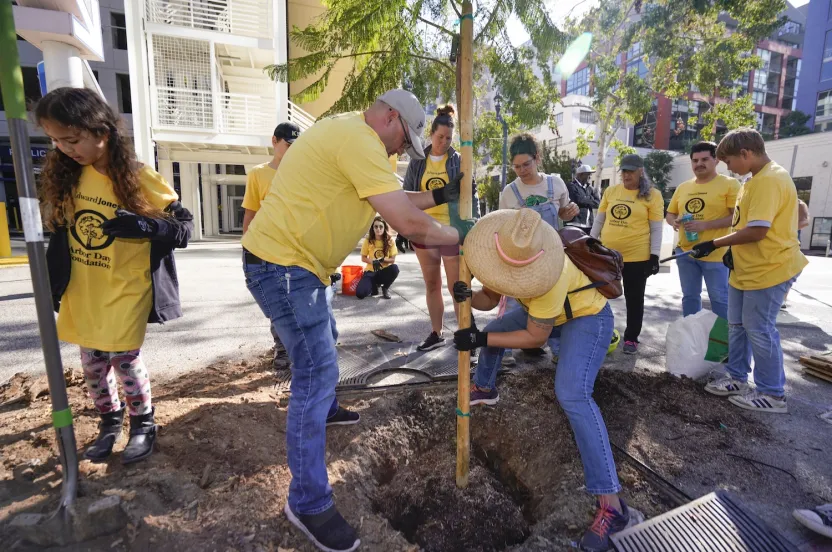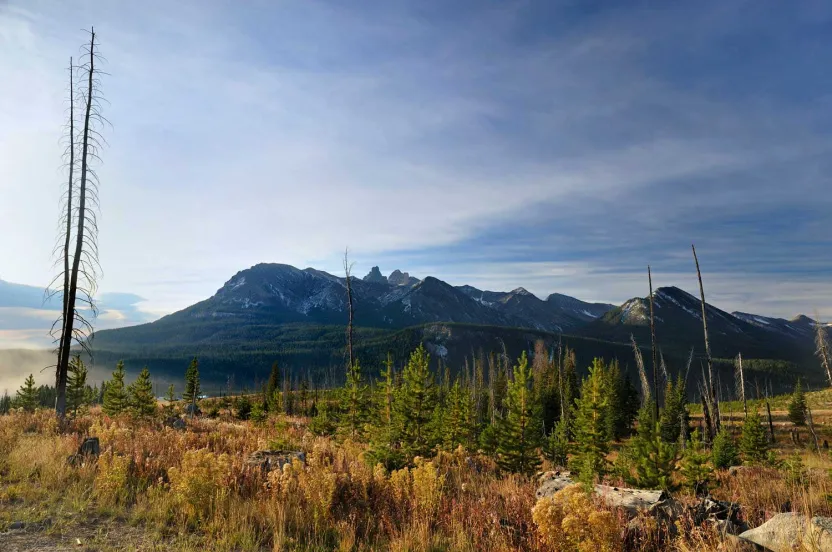Give before midnight on July 31 to double your impact where trees need us most. CHOOSE A PROJECT
Amazon Fires and Supporting Indigenous Peoples
Following severe Amazon fires in 2019, the Arbor Day Foundation and Forest Trends partnered with indigenous groups to plant 1 million trees, improve food security, and support sustainable livelihoods while strengthening fire prevention and forest resilience.
June 5, 2020
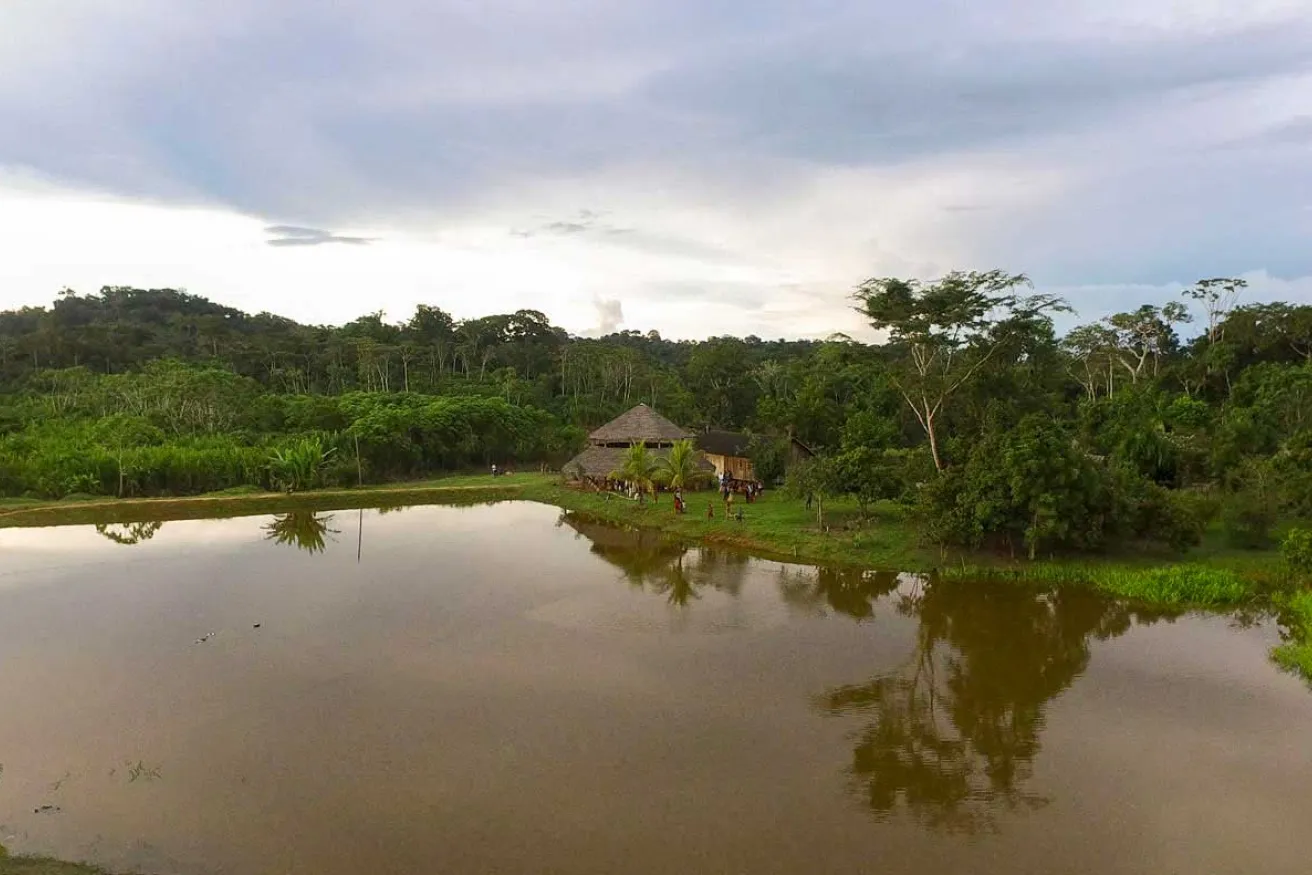
In the summer of 2019, the Brazilian Amazon experienced the worst uncontrolled fires in its history; more than 80,000 fires were reported in the country by the National Institute for Space Research (INPA).
Strong political rhetoric favoring the expansion of agribusiness led to nearly an 80% increase in forest fires compared to the same period in 2018. Considering that 98% of Brazil’s indigenous lands are in the Amazon, last year’s fires were particularly devastating to indigenous communities. INPA estimated 3,553 fires burned on 148 indigenous territories, including the lands of the Gavião and Zoró.
The Arbor Day Foundation is working together with Forest Trends to support the Gavião, Zoró and several other indigenous groups in the Brazilian Amazon to prevent future fires from destroying their homelands. Working directly with these indigenous communities, we will be planting 1 million trees to provide food security and economic alternatives for generations to come. This unprecedented effort will not only put trees in the ground but strengthen the resilience of these communities to safeguard their forests and prevent it to go up in flames.
Stronger communities are less vulnerable to forest fires. Through an intensive multi-purpose reforestation strategy, the Arbor Day Foundation and Forest Trends will establish agroforestry systems focused on food security and community-based enterprises. In addition, technical support on fire prevention will complement the investment in reforestation. This first project covers an area of 1.5 million hectares of indigenous rain forest lands, conserving massive biodiversity and huge carbon stocks. For millennia, indigenous people have safeguarded the Amazon, proving that it is possible to balance economic and ecosystem health. To stop deforestation and prevent future fires, we can learn from that example, re-imagining an Amazon economy that thrives when its forests and people do.
